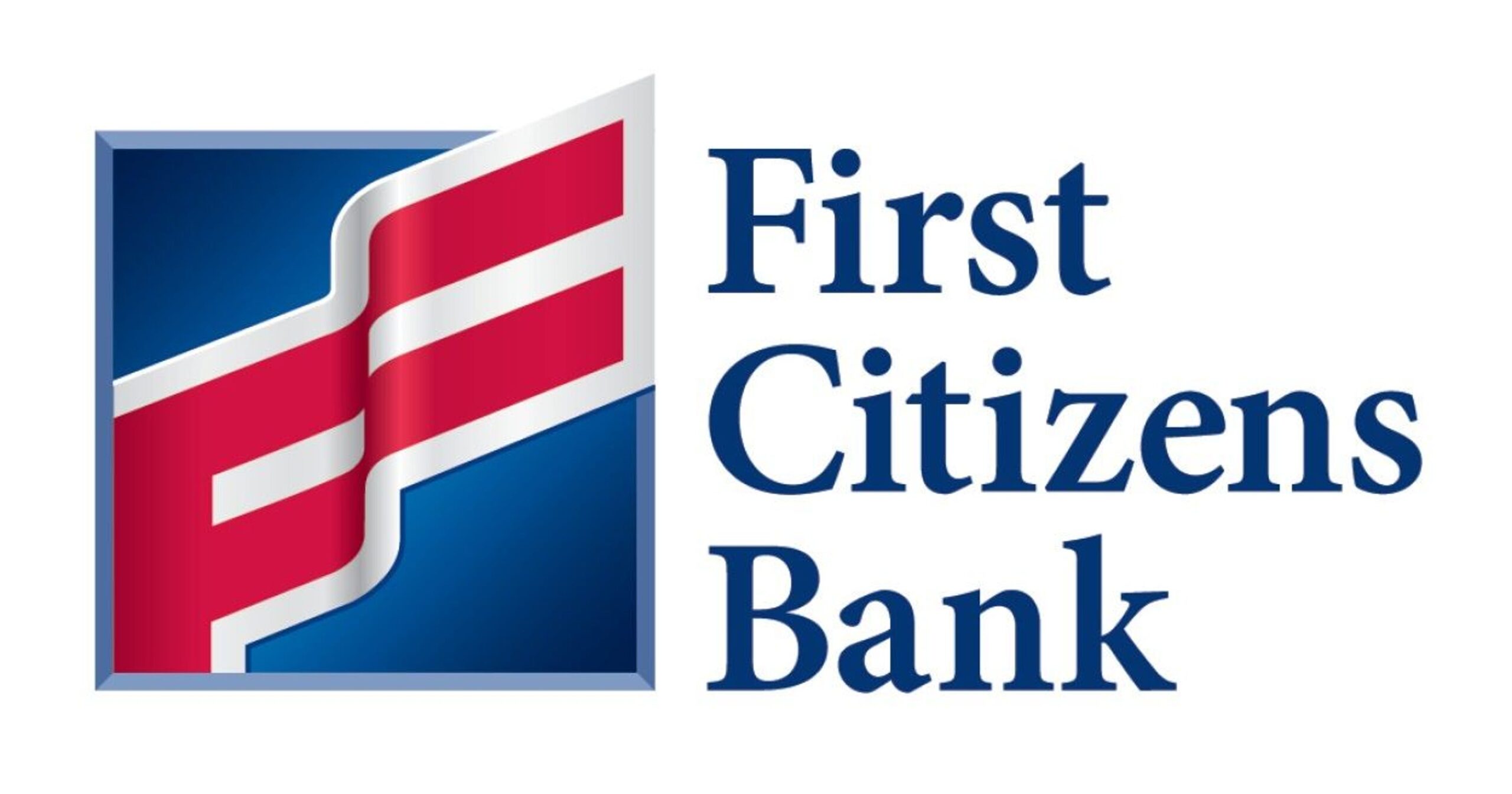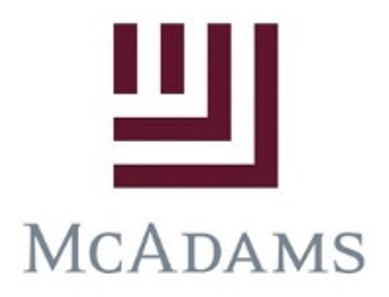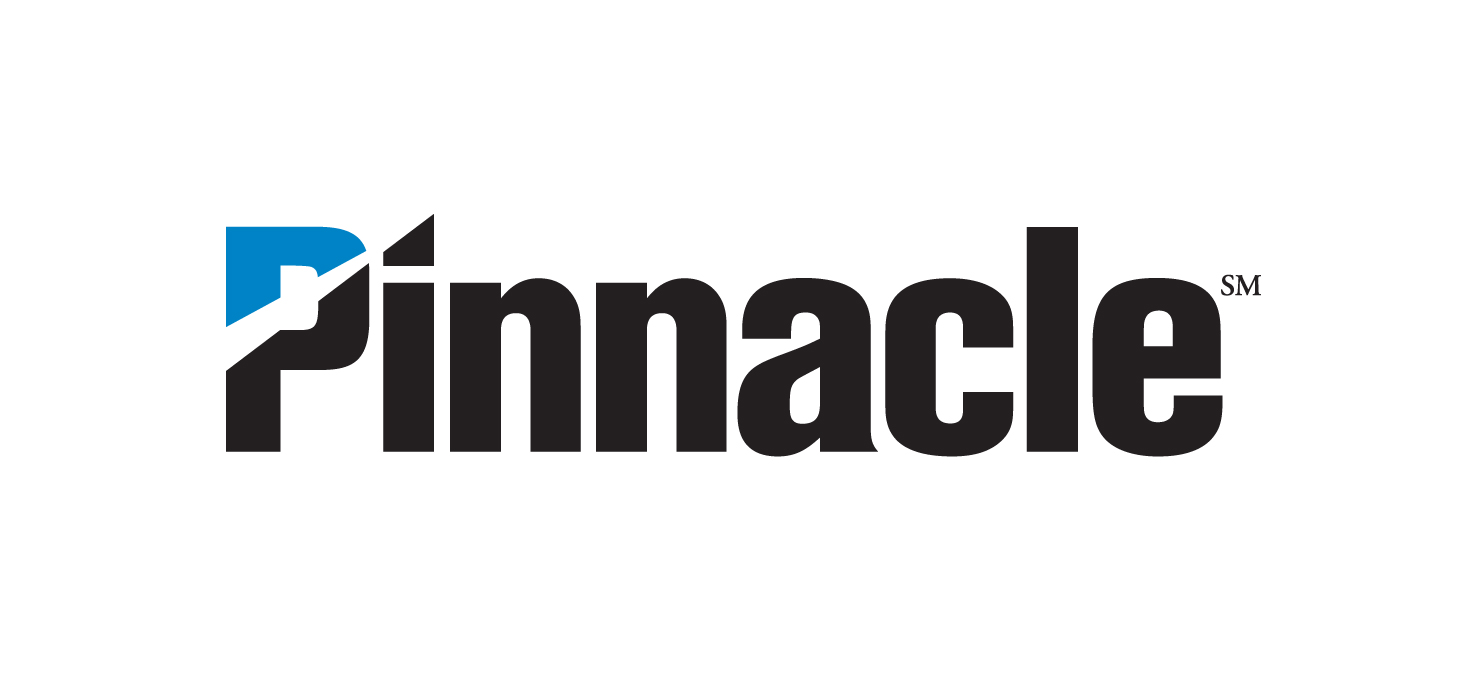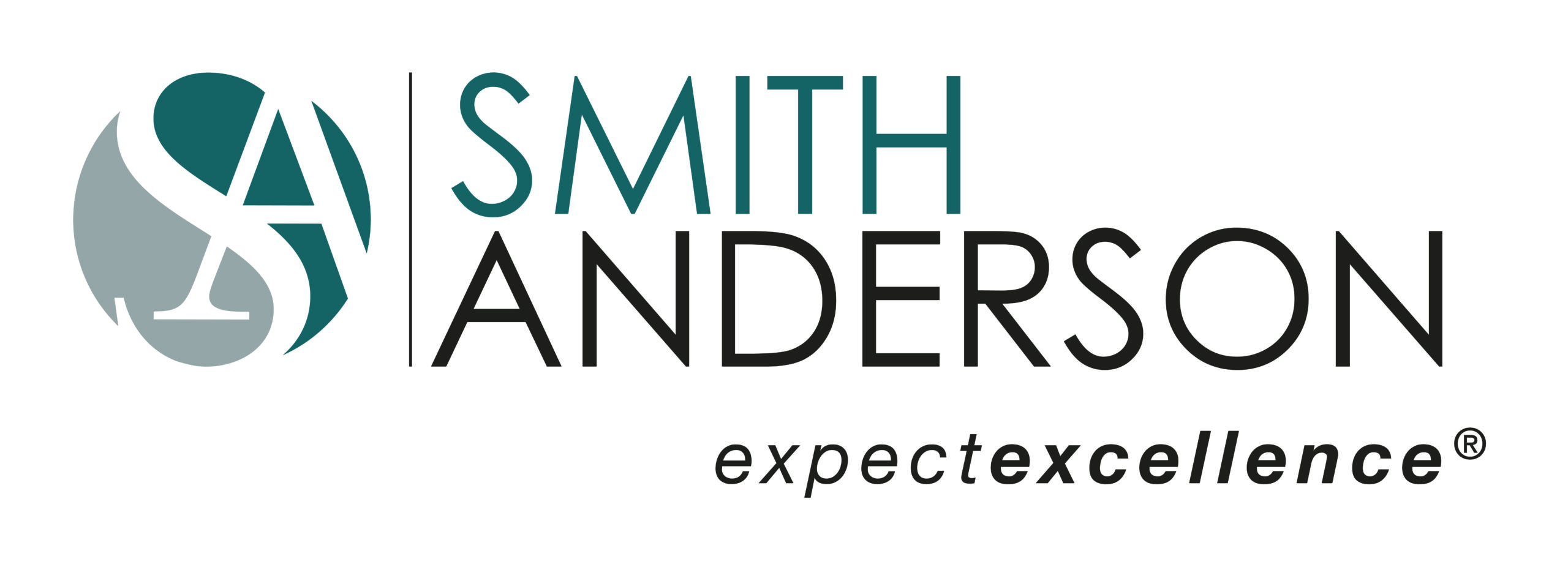Is “Zero Fare for Everyone” worth the money?
- December 13, 2019
- Posted by: Joe Milazzo II
- Category: Blog
Two years ago, the Regional Transportation Alliance endorsed a focus on reducing barriers to using transit — including the pursuit of enhanced zero fare transit.
There are a number of benefits, and also so potential concerns, associated with a “zero fare for everyone” policy.
The benefits are numerous:
- Saves money for patrons — particularly those who need it
- Speeds up buses, because they don’t have to wait for people to pay
- Increases ridership
- Reduces congestion, since more are riding the bus instead of driving
- Reduces delays to other traffic, because buses are stopped for less time
- Eliminates the cost of collection
- Eliminates fare enforcement
- Reduces operating costs, since buses can cover their routes in less time
- Eliminates a mental barrier to considering transit as an option
- Can increase federal or state funding allocations based on ridership
We might summarize these benefits by noting that zero fare for everyone will removes three barriers: financial, mental, and physical…
- Financial – for current transit users, for whom transit fares are a significant expense;
- Mental – for potential transit users, for whom transit fares are confusing enough that they don’t even consider the option;
- Physical – for users and non-users, given that the payment process slows down buses, bus trips, and thereby all modes of travel
Nothing is “free” however, and there are some issues that need to be addressed to the agency’s or community’s satisfaction in order to have a successful zero fare for everyone policy, including:
- Replacing the lost revenue, or
- Recognizing the tradeoffs/other uses for that revenue
- Cost to “paratransit” (you might know this service as “dial-a-ride”)
- Every issue associated with a “free” service, including value for money
It turns out that region has had zero fare for many populations and customers, including:
- NC State Wolfline is zero fare for all users
- Duke University Transit is zero fare for all users
- Chapel Hill Transit is zero fare for the entire system
- Now everyone 18 and under, and 65 and over, ride with zero fare across every bus in the entire region
Meanwhile conversations about equity have advanced in our community, and dialogues about climate have advanced here and globally. Just last week, Kansas City announced that they will implement zero fare transit in 2020, making them the largest American city to do so. There is conversation in our community as well.
This week, the RTA Steering Committee agreed to initiate an RTA-funded study on zero fare for everyone – with a focus on how the business community can support transit, and ensure success and benefits of a potential regionwide zero fare for buses. The study will also examine possible zero fare pilot options to maximize benefits and value, while minimizing risk.
I believe that a study is worth doing to set the program up for success — and that at some point you simply need to pilot it, because the pilot is the study.To be clear, while there are definitely issues that need to be resolved, the reality is that zero fare for everyone is primarily a conversation about community goals and priorities, and therefore about resource allocation.
I personally believe that zero fare for everyone is the right way to go, at least for our region — and I also believe that the business community has a responsibility to lead in a meaningful way.
I invite our members and partners to begin thinking about how the business community can contribute to maximize the success of this — on either revenue, expense, outreach, ridership, or travel experience.
Let’s get moving,
Joe
Joe Milazzo II, PE
Executive Director
Regional Transportation Alliance























